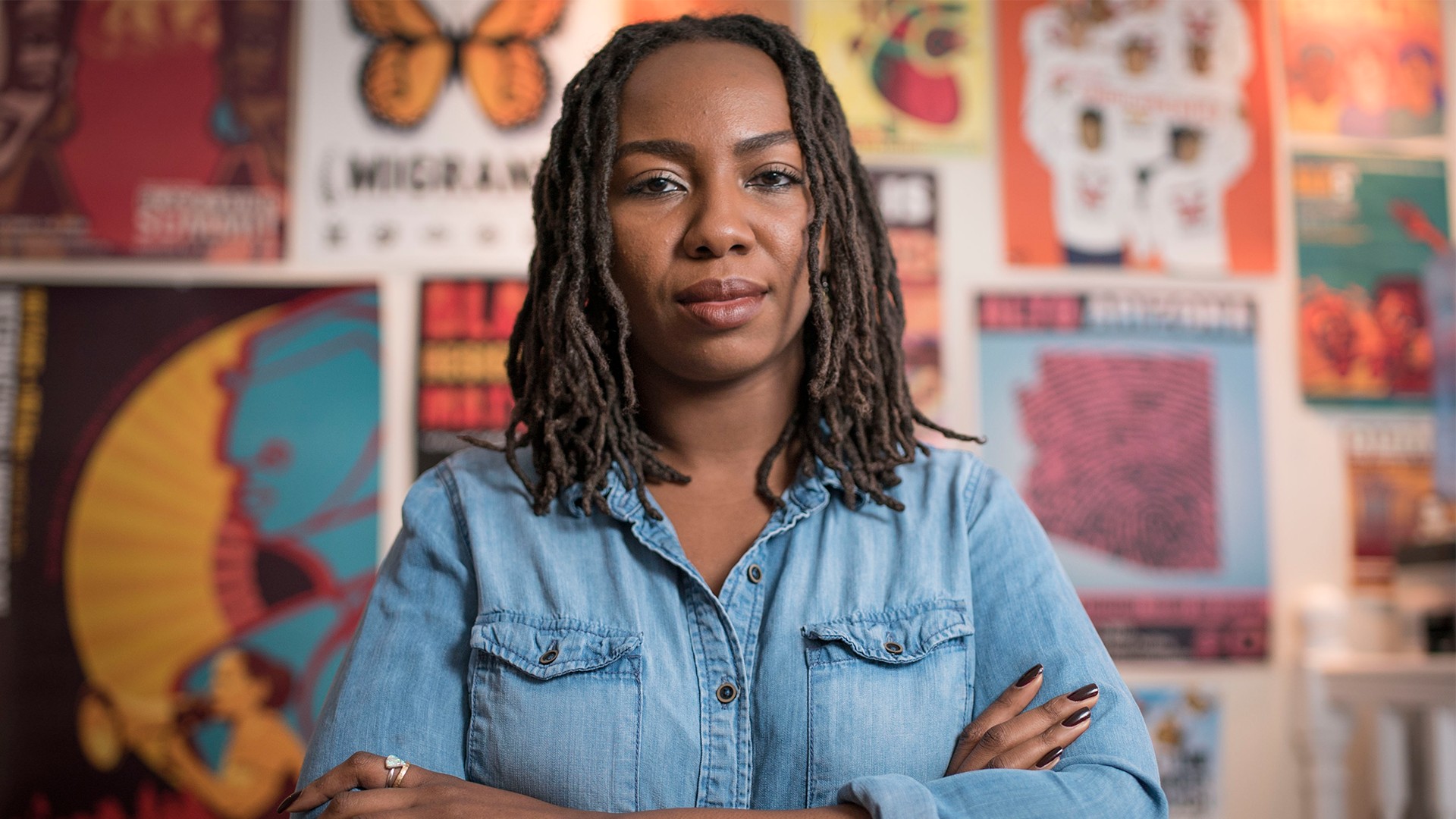Sometimes I wish I were a bit more desensitized, because whenever a grainy viral video of police brutality hits the internet, I can't help but internalize it. After seeing so many of the same nightmare scenarios play out on YouTube, I sometimes envision myself being shot by the cops and the cameras: slumped in the front seat of my car with blood spreading across my white T-shirt like Philando Castile; bullets spinning me around like a ballet dancer before I topple to the asphalt like Laquan McDonald; or failing to win a fatal footrace with three bullets like Walter Scott.
Advertisement
The most recent addition to our nation's shameful library of violence perpetuated by the state isn't as grotesque as those previously mentioned—in fact, it wasn't even lethal. But it has still managed to sear its way into my psyche. And a big part of that isn't just the abuse documented, but the way it's being covered by my colleagues.On Sunday, as you've almost certainly heard by now, an Asian American doctor from Kentucky named David Dao was in his seat on a United Airlines flight in Chicago when the airline forcibly, and brutally, removed him. The carrier claimed to have randomly chosen Dao and three other passengers to vacate their seats so employees could travel in their place on an overbooked flight. But when Dao refused to give up his spot, reportedly claiming that he felt targeted because of his appearance, police officers violently accosted him.A cellphone video of the screaming doctor being dragged down the airplane aisle with his belly exposed promptly went viral. But just when the visual of the bloodied middle-aged man being manhandled by the cops started to inspire a genuine conversation around the misuse of force by police, traffic-chasing media companies started running click-y articles with headlines like: "Doctor Dragged Off Flight Was Convicted of Trading Drugs for Sex" and "David Dao, Doctor Dragged Off United Flight, Was Convicted of Multiple Felony Drug Charges in 2004."
Advertisement
Naturally, it was internet tabloids like the New York Post and TMZ and a local newspaper in Kentucky, the Courier-Journal, that first dredged up Dao's "sordid history." But plenty of others soon followed suit, presumably chasing traffic. After glancing at a host of these stories overrunning my newsfeed, I couldn't help but wonder how the public is served by learning about the legal and criminal issues faced by Dao more than a decade before he became the victim of one of the most sensational abuses of force by officers documented on video this year. What about the still-unnamed officers who lifted Dao out of his seat and caused him to bleed all over himself like the Penguin in Batman Returns?After all, as depressing as the video of Dao is, it is merely the tip of the iceberg when it comes to the legacy of violence perpetuated by law enforcement in the city of Chicago. Last year, the city had to pay out more than $5 million in reparations to 57 mostly black people who had been victims of state-administered torture. These people were beaten, suffocated, and had their nuts shocked with cattle prods. And let's not forget the police shooting of 17-year-old Chicagoan Laquan McDonald, who police hit with 16 shots as he was apparently moving away from them.
The fact that some journalists have chosen to focus on Dao's personal character as opposed to the records of the officers who mercilessly humiliated him or the tax-payer funded department for which they work has helped upend my self-flagellating habit of internalizing these news stories. Today, I'm not just thinking about myself potentially being in one of these violent altercations with the state. I'm also thinking about what they would say about me after it all went down.
Advertisement
If I were to be knocked around and humiliated like Dao on a plane, or worse, pumped full of lead like John Crawford was in a Wal-Mart, how would they frame me? As a young man from a loving family with a promising future, or a degenerate alcoholic who promoted gross sex acts and drug abuse in his work? I wonder which Instagram photo they would chose to be the thumbnail to all of the articles detailing my police-involved clash. Maybe it'd be the one of me standing with my arm wrapped around my mom on the morning of Easter Sunday just after I begrudgingly accompanied her to church. Or perhaps it'd be that ironic picture I took once at a Crown Fried Chicken in Brooklyn, mugging in front of a smuggled 40 oz. of Ballentine and a plate of glorious golden wings and fries, rocking a skully and some overpriced and oversized streetwear.It's in playing this macabre game of what if that I realize: Even in death, a realm that ought to be stripped of all of life's bullshit, there is still a difference in the way I see that photo with the 40 oz. and the chicken and the way they would see it when it came sliding down their newsfeed paired with a headline about "resisting arrest." I can hear the analytics homies in any given newsroom now, chiming in on their Slack group chat about which pic is going to get the most clicks. And besides the grainy cellphone video, most of the information about the shooting and me would come straight from the police themselves—the fools who just lit me up.
Advertisement

Advertisement
Although Martin was the first time I actively recognized this phenomenon, he and Dao are far from the only people whose characters have been put on trial. In 2014, they did it to Michael Brown, too. A Missouri cop conspicuously shared a random photo of a young black man totting a gun in a menacing manner, claiming that it was Mike Brown when it was clearly not to anyone who doesn't believe that all negroes look alike. The New York Times buoyed this narrative when it went on about how Brown "was no angel," as if his alleged criminal history had any sensible bearing on whether or not the unarmed teenager deserved to be shot and killed in the street by the Ferguson Police Department. Even the question of whether or not he robbed the bodega the day he died is unrelated to whether his shooting by police was justified. If past transgressions were a legitimate reason for police to kill (or in Dao's case, rough up) a citizen, then how does Dylann Roof, a white guy who mercilessly murdered nine black folks in a Charleston church, make it safely back to the police station?I could rattle off scores of other names of brutalized people and the corresponding red herrings rolled out to scapegoat the police violence they suffered, since these smear campaigns happen like clockwork any time everyday people actually start to critique our justice system. And how could we not be critical of it? American cops manage to kill black people at 2.5 times the rate they do whites. And they kill more people of all races in a matter of days than most countries kill in years.Despite what our new Attorney General Jeff Sessions purports, this pattern of violence is not the result of a few "bad apples." Instead, it is systemic—the justice system is rotten to the core with racial bias and general brutality towards all of its citizens, people like you and me. And the biggest problem with character assassinations like the one currently being waged on Dao is that they derail us from having frank conversations about how to finally break that system down.Follow Wilbert L. Cooper on Twitter.

